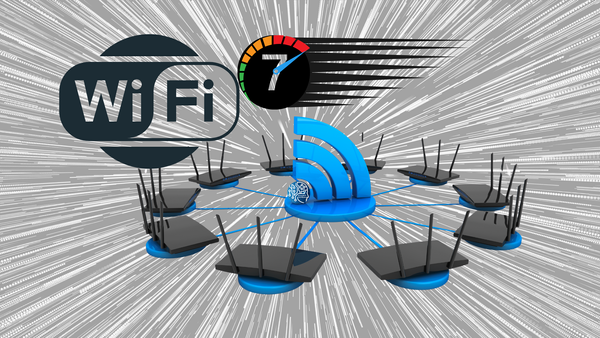Making Life Easier: How Smart Home Tech Gives Seniors Independence

As we grow older, the comfort of home becomes crucial. For seniors, retaining independence while ensuring safety presents a unique challenge. Fortunately, with today's technology, older adults can live securely in their own homes while accessing essential support when needed. Smart home technology is transforming how seniors experience independence, blending convenience with safety. Let’s explore the many ways smart home tech is enhancing seniors’ lives!
Understanding Smart Home Technology
Recently, I posted a list of my 11 Coolest Smart Home Tech Gadgets to Add to Your Holiday Wish List, and from this list, all of these items are fantastic devices to incorporate into senior living environments. Smart home technology encompasses devices that connect to the Internet (IoT), allowing remote control and automated home functions. For seniors, this technology facilitates convenience and increases safety.
Devices range from smart doorbells to automated lighting, each significantly enhancing a senior's everyday life. According to a recent study conducted by a reputable research organization, an impressive 58% of seniors who utilize smart home devices report experiencing a heightened sense of comfort and confidence within their living environments. This statistic highlights a significant trend in the adoption of technology among older adults, illustrating how smart home innovations are not merely conveniences but rather essential tools that enhance their overall quality of life.
The study reveals that the integration of smart home devices—such as security cameras, motion detectors, smart locks, and emergency alert systems—has a profound effect on the well-being of seniors. Many of these individuals express that the presence of these technologies allows them to maintain a greater degree of independence while simultaneously providing peace of mind. For instance, with smart security systems, seniors can monitor their homes remotely via smartphones, enabling them to check on their properties and receive alerts about any unusual activity, thus alleviating anxiety about potential intrusions.
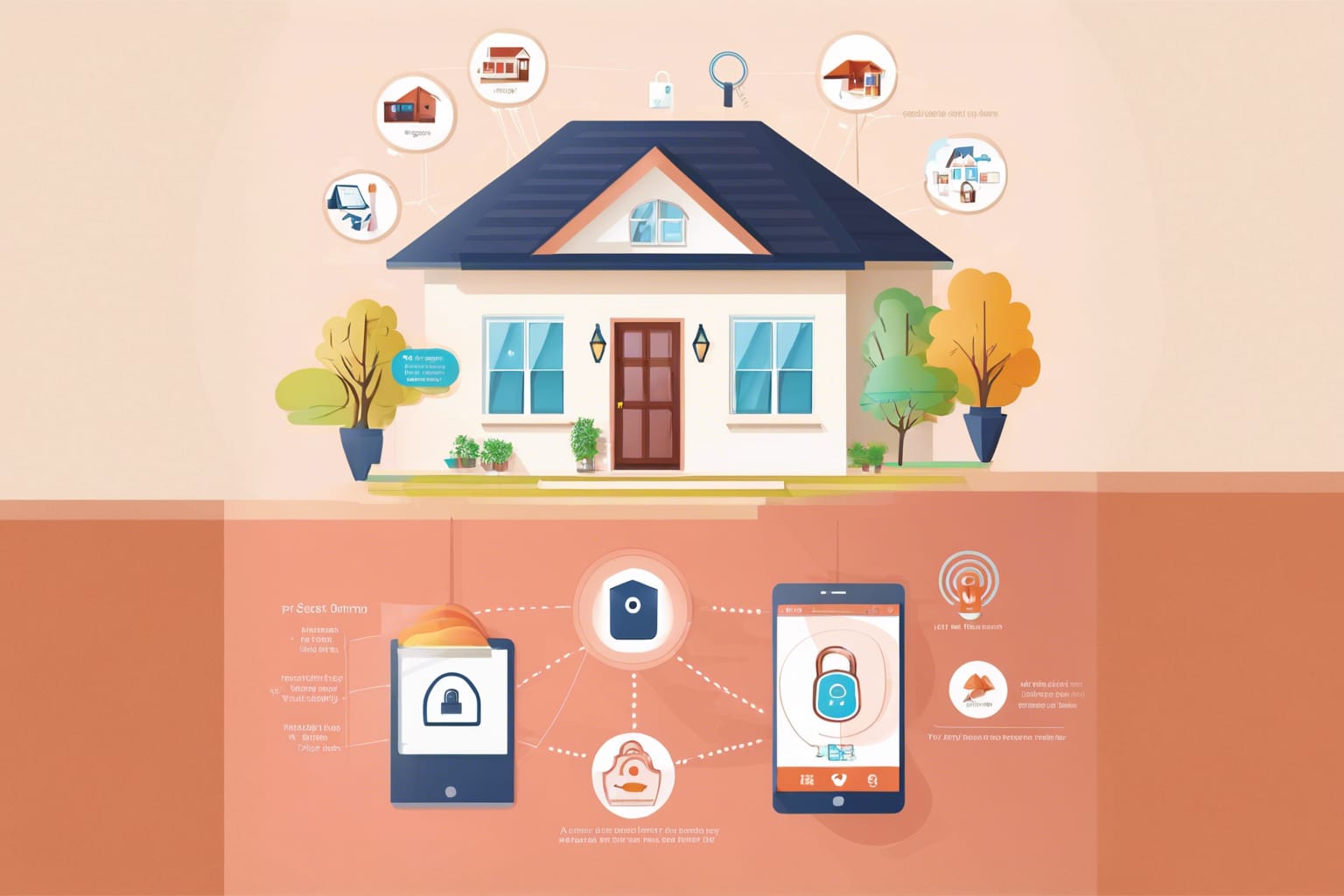
Furthermore, the positive impact of smart home technologies extends beyond mere security. Many seniors appreciate the convenience of automated lighting systems that can be programmed to turn on and off at specific times, reducing the risk of falls during nighttime walks through the home. Smart thermostats also allow for easier temperature control, ensuring a comfortable living environment without the need for constant manual adjustments.
Additionally, these technologies often facilitate better communication with family members and caregivers. Many smart home devices are equipped with features that allow for direct communication through video calls or alerts, ensuring that seniors can easily reach out for help if needed. This connectivity fosters a sense of community and support, which is crucial for maintaining mental and emotional well-being as individuals age.
Ultimately, the findings of this study underscore the transformative potential of smart home technologies in empowering seniors. As they navigate the challenges of aging, these devices not only enhance safety but also promote autonomy, allowing older adults to live more confidently and securely in their own homes. This growing trend reflects a broader societal shift towards embracing technology as a means of improving the lives of individuals across various age groups, particularly those who are seeking to maintain their independence while ensuring their safety and well-being.
Key Benefits of Smart Home Tech for Seniors
Enhanced Safety and Security
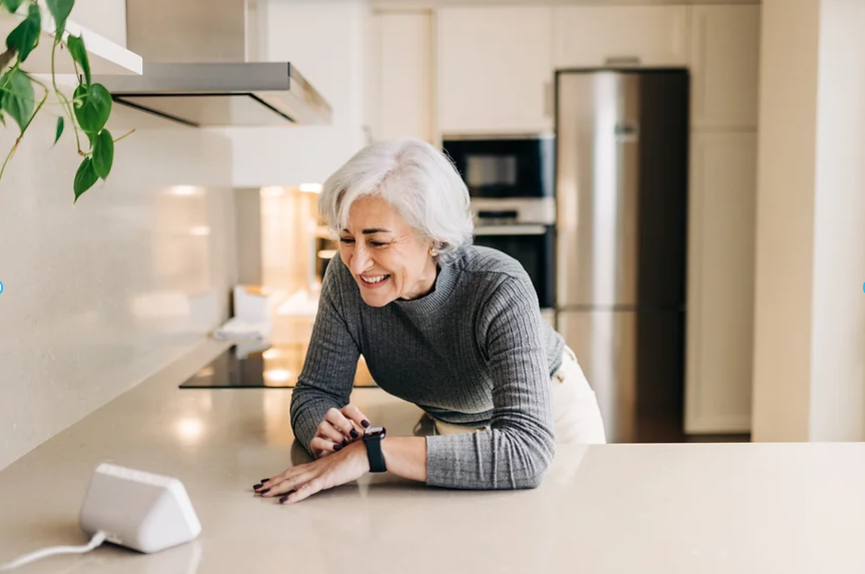
Safety concerns are common for seniors and their families. Smart home devices effectively tackle these worries. For instance, when it came time to put my mother into an assisted living facility, one of the first things I had put in her new apartment and taught her to use was a Smart Display.
Smart security systems and displays with cameras allow remote monitoring, providing reassurance for both seniors and family members. A recent survey found that 72% of seniors with Smart security systems feel safer at home. Working together with displays or cameras, motion sensors can alert caregivers to unusual movements, such as if a senior rises from bed unexpectedly.
Additionally, smart doorbells enable two-way communication, letting seniors see and speak to visitors without even going to, or opening the door, protecting them from potential threats.
Simplified Daily Tasks
For seniors dealing with mobility issues or memory lapses, daily tasks can become overwhelming.
Smart lighting systems allow seniors to control their lights with simple voice commands or smartphone apps. For example, my Philips Hue system is programmed to turn on automatically at sunset, setting lighting in many rooms in our home along with outdoor safety lighting and holiday lighting.
Smart thermostats, like Google Nest, learn users' preferences. They optimize home temperatures and can adjust accordingly to the presence of a person in the room, geofencing settings to automatically adjust when leaving the home, and timing routines to ensure rooms are adjusted to the correct temperatures, ensuring comfort while potentially lowering energy bills by up to 15%.
Health Monitoring Systems
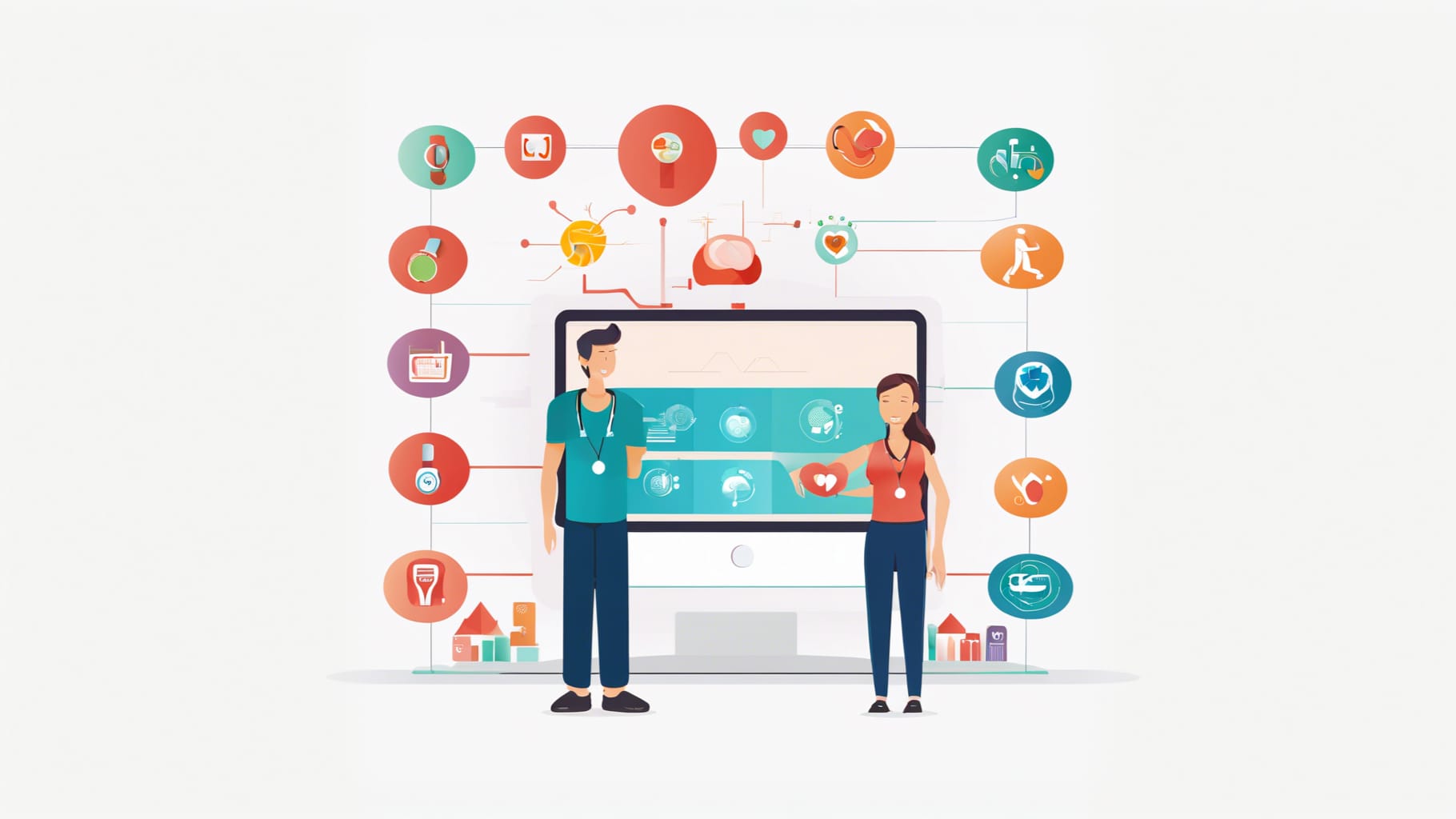
Health management is vital for seniors, and many smart technologies assist in this area.
We all worry about our aging loved ones when they are living on their own or even within an assisted living environment. Wearable devices such as Smart watches can monitor vital signs, such as heart rate and activity levels and can even alert family members and emergency services if a fall is detected. A study showed that 80% of older adults using wearables feel more in control of their health. These devices can alert caregivers to irregularities, enabling prompt responses during emergencies which can make all the difference when it comes to their wellbeing.
Another great example of how Smart Tech is assisting seniors are Smart Pill dispensers, which remind seniors when to take medication and which medication, significantly reducing missed or incorrect doses. Research indicates that these systems minimize medication errors by over 50%.
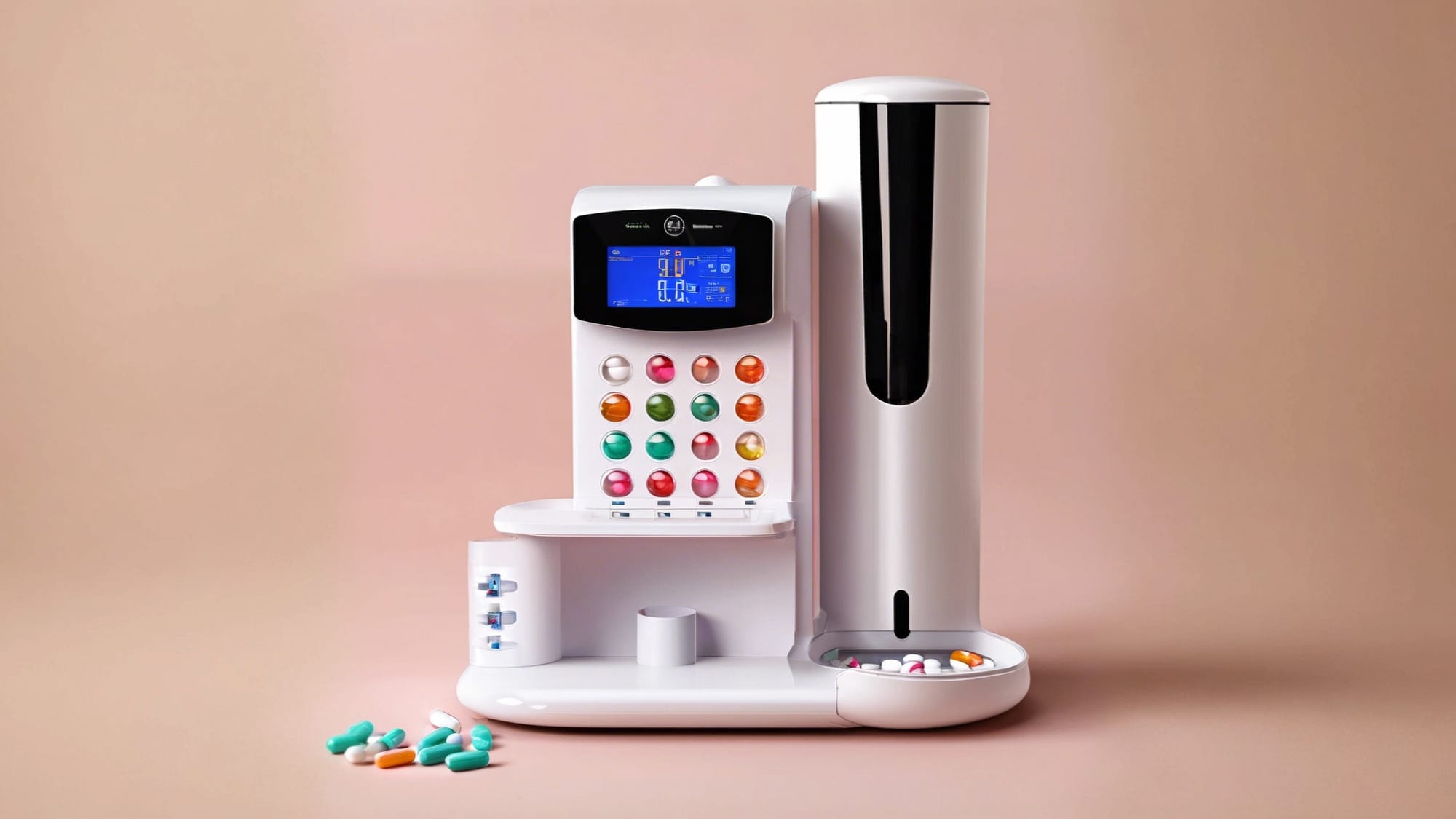
Improved Communication
Maintaining connections with family and friends is essential for seniors’ mental health. I think all of us received a strong reminder of this during the COVID-19 pandemic.

Smart home technologies foster communication, making it easy for seniors to reach out. Devices like smart displays can facilitate video calls, while voice assistants allow for easy texting just by detecting our speech. According to recent statistics, regular communication through these technologies reduces feelings of loneliness by over 60%.
For example, when our family moved from our hometown of Toronto, Ontario out to British Columbia, having the ability to video call regularly to friends and family back home has been most helpful indeed, especially to our aging family members that so need to maintain such connections. Whether celebrating loosing a tooth or a birthday, to recovering from illness or just to say "I love you", our Smart displays allow us to instantly bond and share with family across the country.
Overcoming Barriers to Adoption
While technology offers many benefits, some seniors may feel hesitant about using it. The vast amount of disinformation that the internet and social media has caused plays a large part in this hesitation. However, studies have shown that elders will adopt a new technology when it seems to serve a purpose.
Education and Familiarization

A common barrier is a lack of familiarity with technology. I have seen countless examples of such hesitation and outright reluctance to use technology for one simple reason - embarrassment. This is a big hurdle for many seniors. Community workshops or one-on-one tutorials can ease the learning process. My company offers many of these online tutorials and in-home training sessions for just such a purpose. I understand how the fast pace of technology can be overwhelming and we can focus on how to get over the embarrassment of "not knowing" or thinking that this type of thing is not for them.
Once this hurdle is overcome, seeing how the tech serves a specific purpose for them is easily embraced and the thrill of learning takes hold. Utilizing simple video calling apps or devices so they may see and interact with their grandchildren or life-long dear friend, or showing them how to simply sell their crocheted or wood working crafts online, or how to create a community page to promote their church group bake-off fundraiser, are just minor examples of this.
Engaging family members in this journey and getting them the proper assistance can help seniors feel more comfortable, creating a supportive environment for learning about these essential tools and strengthening their independence - something none of us want to lose.
Ensuring User-Friendly Options
When selecting smart home devices for seniors, prioritize user-friendly options.
Choose devices that operate via straightforward interfaces, voice commands, large touch screens, text and simple one-touch functionality. This simplicity is key to ensuring that seniors can adapt to and embrace smart technology quickly and easily.
Support and Maintenance
Establishing a support network for troubleshooting can significantly enhance the experience of using smart technology.
Whether through tech-savvy family members or specialized services, having help readily available can make using technology less intimidating and more enjoyable.
Embracing a New Era of Independence for Seniors
Smart home technology is more than just a passing trend; it’s a transformative solution that can vastly improve seniors' quality of life.

By adopting these technologies, older adults can enjoy greater independence while ensuring their safety and well-being. From health monitoring to simplifying everyday tasks, smart devices become vital tools for comfortable living.
Investing in smart home technology empowers seniors to thrive in their golden years. If you or someone you know could benefit from such advancements, now is the perfect time to explore what’s available! Nowadays, consumer technology devices have become quite simplified and many have now been tailored for an older age demographic, offering incredible ease of use.
By leveraging smart home solutions, and overcoming their embarrassment of "not knowing", seniors can maintain their independence while staying connected to loved ones, forging a safer, confident and more vibrant future at home. Let me know in the comments how smart technology has been incorporated into your lives and how it has helped you or older family members. Do you or someone you know have a reluctance to use Smart technology?




